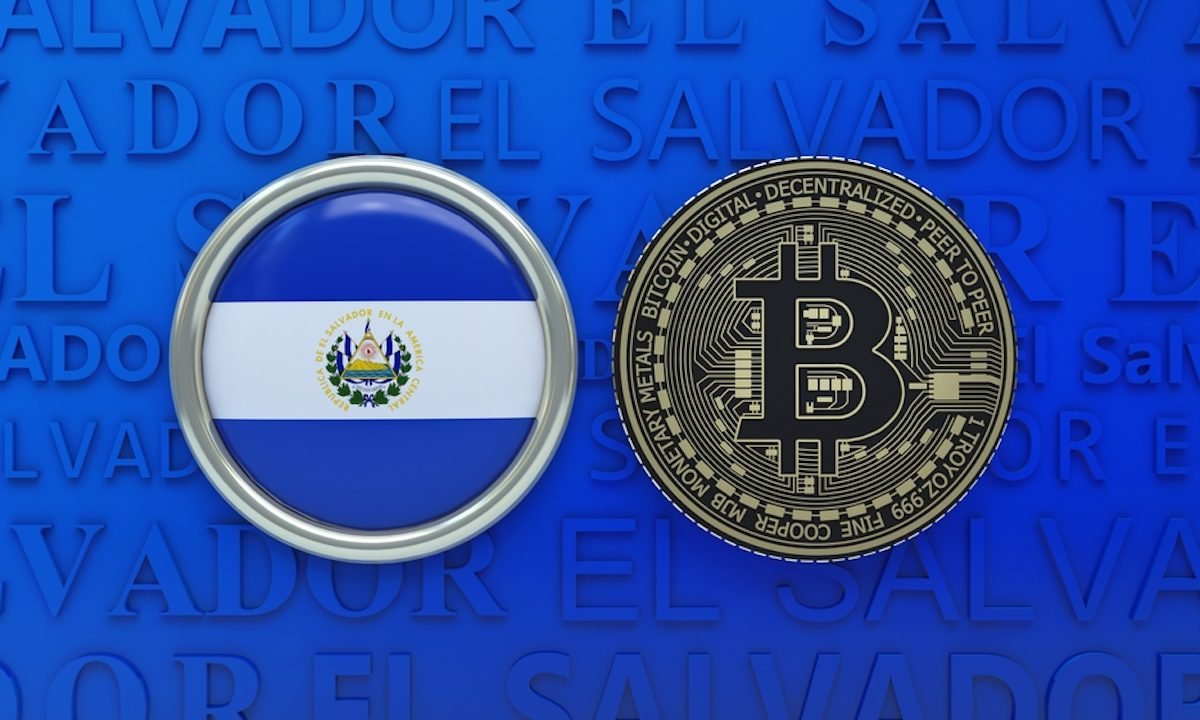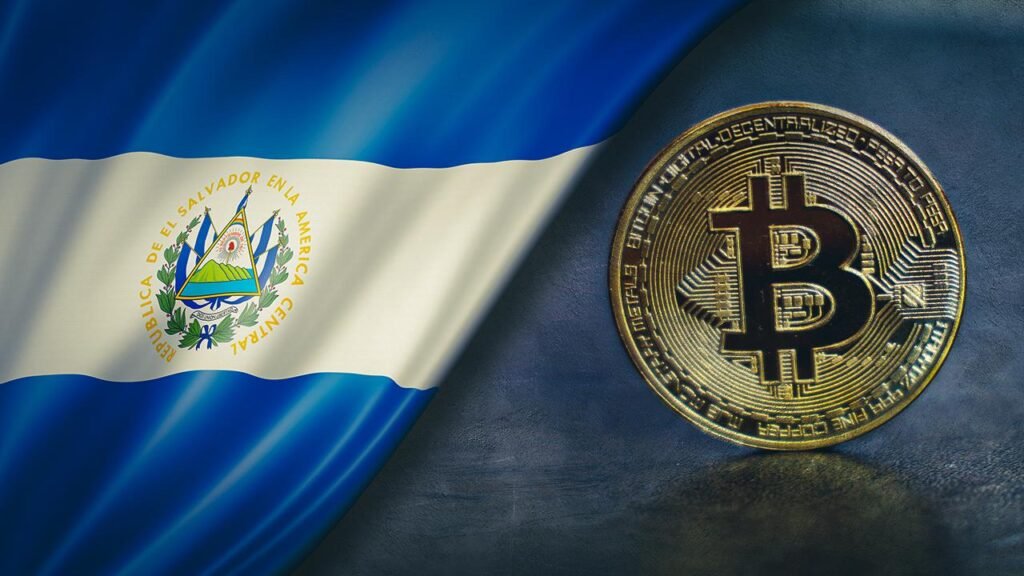El Salvador has been at the forefront of integrating cryptocurrency into national policy, making headlines with its bold Bitcoin initiatives. Recently, the country added 11 more bitcoins to its reserves, bringing the total to 6,067 BTC. Despite international scrutiny and internal policy shifts, this move underscores El Salvador’s unwavering commitment to Bitcoin.
El Salvador’s Bitcoin Accumulation
In mid-January 2025, El Salvador’s National Bitcoin Office announced the acquisition of 11 bitcoins, increasing the nation’s holdings to 6,067 BTC. This purchase, valued at over $1 million, was notable for its timing, occurring just days after the country reached a $1.4 billion financing agreement with the International Monetary Fund (IMF). The IMF deal stipulated that El Salvador should limit its public sector involvement in Bitcoin-related activities. Despite this, the government proceeded with the purchase, signalling its dedication to its Bitcoin strategy.
Bitcoin’s Legal Tender Status
In a significant policy shift, El Salvador’s Parliament, dominated by the ruling party, reformed the Bitcoin Law in late January 2025. This reform removed Bitcoin’s status as legal tender, a designation it had held since September 2021. The decision means that while Bitcoin can still be used in transactions, its acceptance is no longer mandatory, and it cannot be used for tax payments. This move came after nearly two years of pressure from the IMF, which had conditioned financial support on mitigating the risks associated with Bitcoin. Despite substantial government promotion and investment in infrastructure, adoption rates remained low, with only 8.1% of the population using the Chivo Wallet in 2024.

Financial Implications
El Salvador’s Bitcoin investments have experienced significant volatility. In late 2024, the country celebrated a substantial profit as Bitcoin’s value surpassed $100,000. At that time, the nation’s Bitcoin portfolio was valued at over $603 million, reflecting a gain of approximately $326 million since the initial investments began in 2021. However, the cryptocurrency market is known for its fluctuations, and such gains are not guaranteed to be permanent. The recent policy reversal regarding Bitcoin’s legal tender status may also impact the future valuation of the country’s holdings.
International Relations
El Salvador’s embrace of Bitcoin has been a double-edged sword regarding international relations. While the country has positioned itself as a pioneer in cryptocurrency adoption, it has faced criticism and caution from international financial institutions. The recent $1.4 billion deal with the IMF required El Salvador to wind down certain Bitcoin-related activities, including reducing government involvement in the Chivo Wallet and making Bitcoin acceptance voluntary in the private sector. These conditions highlight the tension between the country’s crypto ambitions and the expectations of traditional financial entities.
Summary
El Salvador’s journey with Bitcoin reflects the challenges and complexities of integrating cryptocurrency into national policy. Despite international agreements urging caution, the recent addition to its Bitcoin reserves underscores the government’s commitment to its crypto strategy. However, removing Bitcoin’s legal tender status indicates a pragmatic approach in response to internal and external pressures. As the global financial landscape continues to evolve, El Salvador’s experience will serve as a critical case study in adopting digital assets at the national level. The country’s actions will likely influence future discussions on the role of cryptocurrencies in emerging economies and their interaction with global financial institutions.

